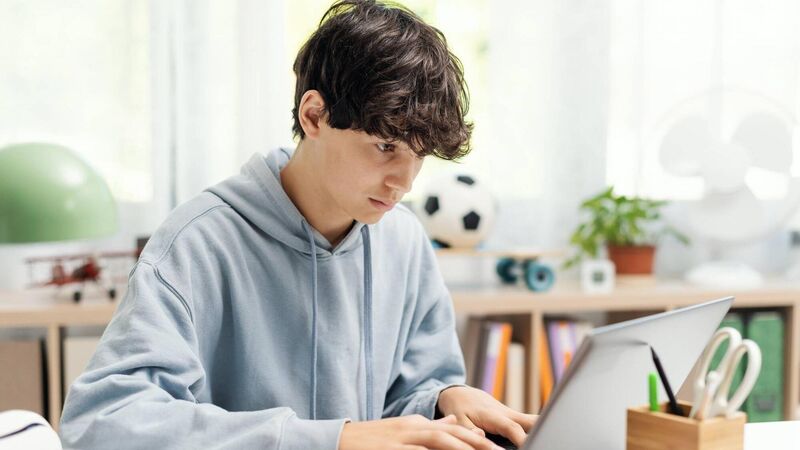Colman Noctor: Sport and study are not opposites but partners in academic success

Anyone who has raised a teenage boy knows the restless energy that simmers just beneath the surface. School, however, asks for stillness.
Try from €1.50 / week
SUBSCRIBEIT’S Tuesday evening, and I find myself standing in the kitchen at 9.15 pm, waiting for the kettle to boil, while staring at the Pot Noodle I am making for my 15-year-old son. He has just come home, buzzing with excitement because his football coach told him he did well during his training session. Within minutes, he was in the shower, and now he’s at the kitchen table, books spread out, insisting he has five paragraphs of Irish to write before bed, or else he will be ‘deducted merit points’. He started his homework earlier, but still had more to do.
I sigh, not because I don’t admire his conscientious work ethic, but because I know what’s coming: the clock will creep towards midnight, the alarm will still be set for 7.30am, and he will spend another day of school yawning through his classes. I wonder how long he can keep all the balls in the air, literally and figuratively.
Already a subscriber? Sign in
You have reached your article limit.
Annual €130 €80
Best value
Monthly €12€6 / month
Introductory offers for new customers. Annual billed once for first year. Renews at €130. Monthly initial discount (first 3 months) billed monthly, then €12 a month. Ts&Cs apply.
CONNECT WITH US TODAY
Be the first to know the latest news and updates
Newsletter
The best food, health, entertainment and lifestyle content from the Irish Examiner, direct to your inbox.
© Examiner Echo Group Limited